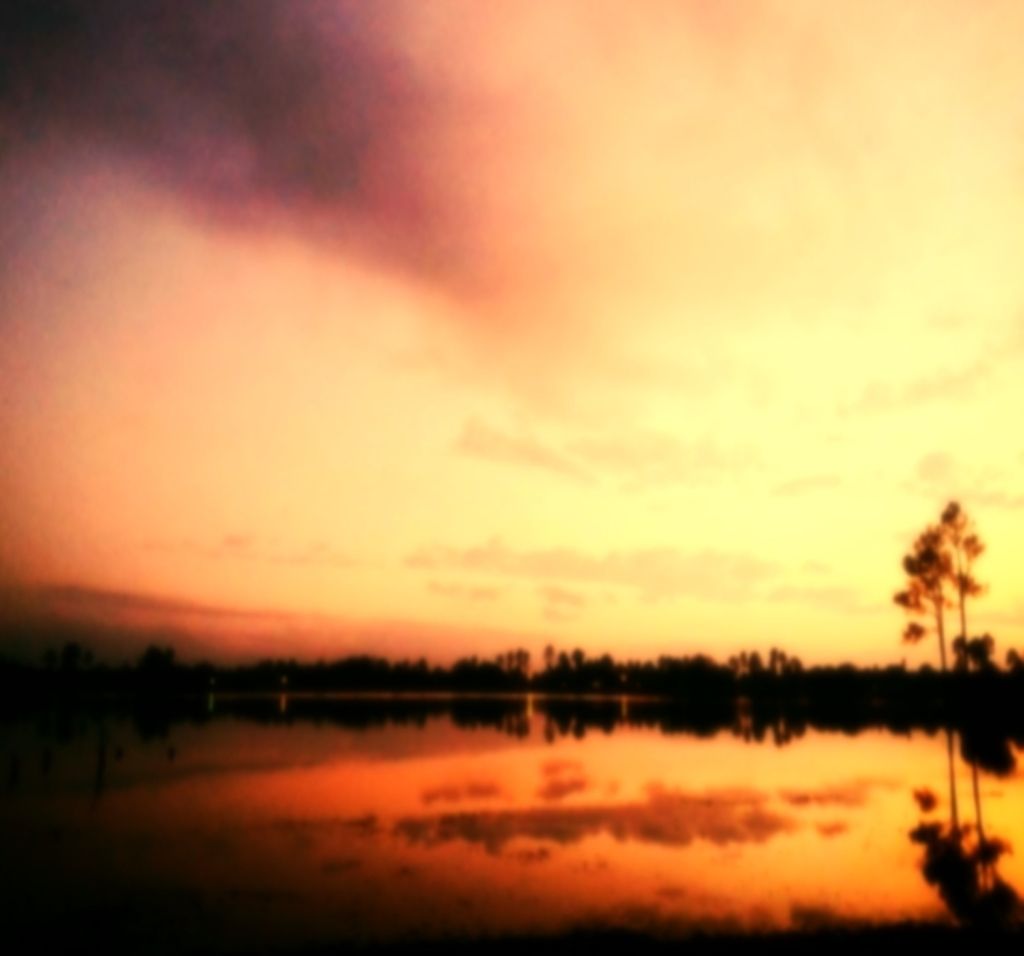Speakin' 'Bout Book Bans, Baby! 📚
Foreboding Book Censorship: Imposed Ban Waves in 2025
From way back in the day, around 213 BCE, to modern times with a seven-thousand-mile hop over to the States, the freedom to read literature of choice remains a contested privilege. The suppression of books—often due to their critique of certain beliefs—has marked the start of censorship, and the United States is no exception.
In the United States, books are sometimes banned in the name of protecting the little ones from 'inappropriate content'. Classics like Diary of A Part-Time Indian and The Catcher in the Rye have faced these attempts due to the explicit language and mature themes they address. But, let's get real, folks, these bans go against the First Amendment, stirring up controversy for centuries.
However, in the year 2025, things heated up a notch under President Trump. Instead of focusing on the protection of innocence, he put in a major threat to cut back on the consumption of LGBTQ+ and POC books by young readers. This move gave citizens an argument against book bans that carries far more substance, as it places a spotlight on the silencing of minority voices.
Now, it's one thing to ban books based on the claim that certain themes should be hidden to preserve childhood, but it's another to do so because they touch on different identities. Books are tools for communication, education, and spreading awareness. The act of silencing books that provide a voice to minority groups stifles the voices that aspire to be heard. As the old saying goes, "The history book on the bookshelf repeats itself," and with book bans, we're at risk of history repeating itself....again and again.
📖 Book Bans 2025 🚫
Since time immemorial, book bans have been a part of the scene, and while an official banned list for 2025 hasn't been released, the chilling effects of the Trump Administration's bans are already causing concern. In the school year prior, PEN America—a non-profit that guards free speech and expression in America—recorded a whopping 10,046 book bans across the nation, shattering previous records for book bans in America. And with Trump's administration, these numbers are predicted to skyrocket.
Shortly after Trump's inauguration, the DODEA (Department of Defense Education Activity) flagged a number of books to be reevaluated. Among them were Freckleface Strawberry, beloved children's book written by Oscar-winning actress Julianne Moore, and The Kite Runner, acclaimed work of Afghan-American author Khaled Hosseini.
Freckleface Strawberry is a delightful children's tale about a young girl embracing her freckles and differences amidst a world filled with inequality. In her Instagram post following the ban, Julianne Moore expressed her shock: "It's a great shock for me to learn that my first book, Freckleface Strawberry, has been banned by the Trump Administration from schools run by the Department of Defense... It's a book I wrote for my children and for other kids to remind them that we all struggle, but are united by our humanity and our community."
The Kite Runner offers a perspective on the hope and despair experienced in Afghanistan, discussing poverty, misfortune, and violence that the war in the region has brought about over the years. Thanks to the Trump Administration's intervention, the book, once openly enjoyed by high-school students worldwide, is now under threat. Hosseini shared his disappointment during an interview with Fox9 News: "The notion that this book is harmful to students when the response from students and their teachers is so overwhelmingly enthusiastic and positive is frankly bewildering to me."
But, it doesn't stop there. The DODEA has gone as far as censoring specific chapters from textbooks in school. Following Freckleface Strawberry and The Kite Runner, a chapter on 'sexuality and gender' from an AP Psychology textbook for high-school students found itself on the chopping block.
👀 A Dystopia, Maybe? 🛄
The rise of book bans and the increasing government intervention leaves one pondering the realm of dystopian literature. Classic books like Lois Lowry's The Giver, Ray Bradbury's Fahrenheit 451, and Suzanne Collins' The Hunger Games might spring to mind. These stories explore imaginary worlds controlled by higher powers, and while children may view them as fantastical and unattainable, the government is awfully interested.
The warning these books convey is the overextension and corruption of government power. By banning books that depict extreme government control and intervention, our governing bodies subtly acknowledge that these stories strike a chord—perhaps the books are echoes of our reality, with the cautionary tales hinting at what we don't want to become.
Books should serve as a means to communicate, educate, and spread awareness. The suppression of books on the basis of their representation of minority groups silences voices aiming to rise above the cacophony. "The history book on the bookshelf repeats itself," and with the current book bans, we may be setting ourselves up for an endless loop of repeating the past.
- The history of book bans can be traced back to 213 BCE, showcasing a persistent issue in psychology, history, and general-news discourse.
- In the United States, books have been banned due to their critique of certain beliefs or controversial themes, such as Diary of A Part-Time Indian and The Catcher in the Rye.
- In 2025, the Trump Administration threatened to limit the consumption of LGBTQ+ and POC books, igniting a significant debate in education-and-self-development circles.
- Julianne Moore's book, Freckleface Strawberry, was among those reevaluated by the DODEA in the Trump Administration, sparking an opinion segment on the suppression of literature.
- The entertainment world expressed disappointment when The Kite Runner by Khaled Hosseini was put under threat by the Trump Administration's intervention.
- The suppression of books with diverse representations in social-media textbooks raises questions about dystopian literature and the role of government in dictating the curriculum in discussion forums, particularly relating to lifestyle and politics.







